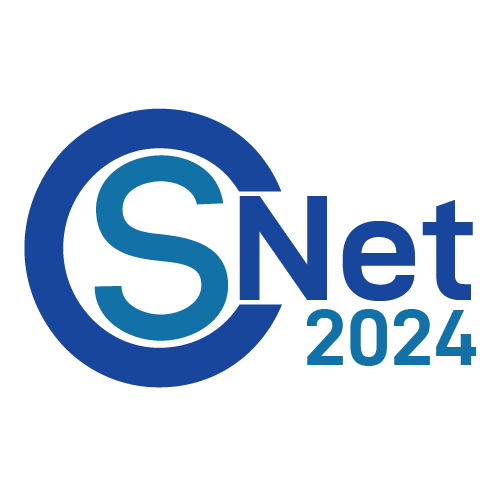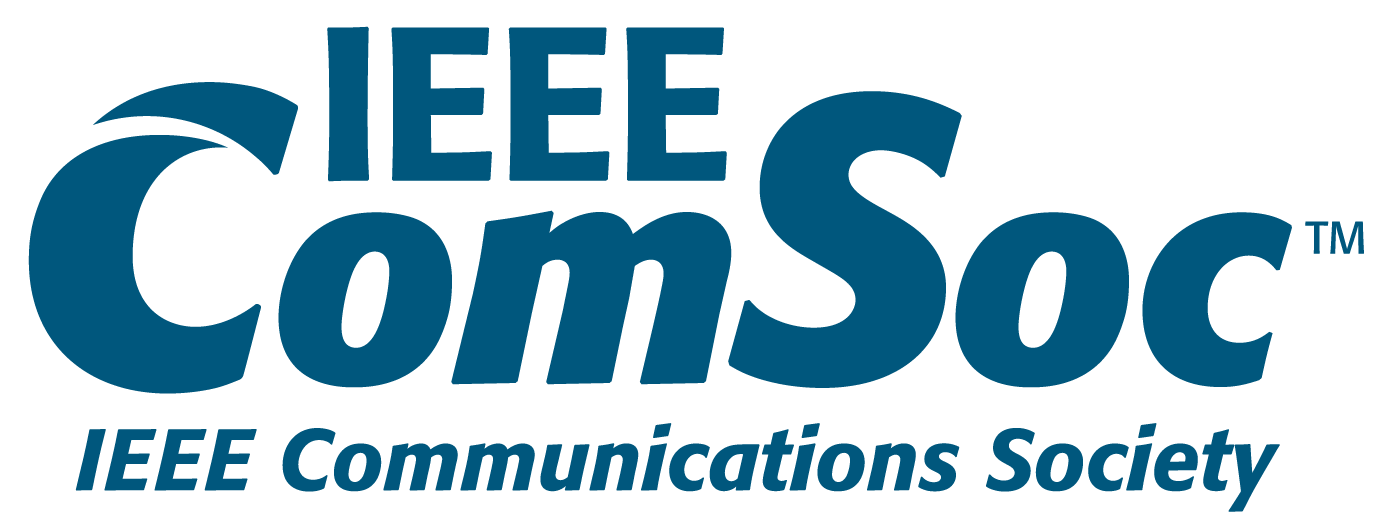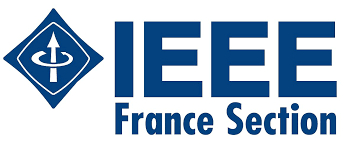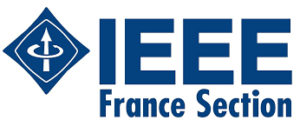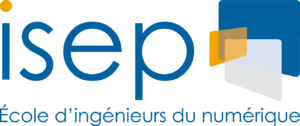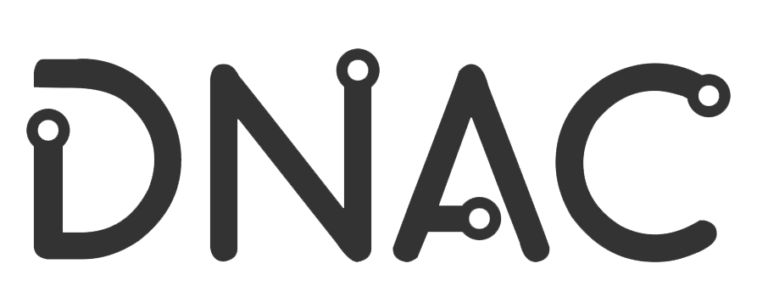CSNet 2024 Call For Papers
We are seeking full papers, short papers, posters, demos and work-in progress papers in cyber security for the networking domain.
The driving theme at CSNet 2024 is “AI for Cybersecurity”, focusing on its applications in emerging networks and systems. This encompasses addressing the Challenges and Opportunities of AI to reinforce security and privacy in Next-Generation Technologies.
The technological disruption is impacting society and leading to a new industrial revolution. This social and industrial change presents new technological environments constituted by ubiquitous systems and large amounts of information, which requires a change in the way how cybersecurity is applied. Using big data, data science, and AI/machine learning/deep learning models, strengthens the cognitive skills of security analysts to face new forms of cybersecurity attacks. This new trend, called cognitive security, poses new challenges for researchers and companies to seek proactive security proposals according to this technological change.
AI, particularly machine learning (ML), is increasingly indispensable in the realm of cybersecurity for emerging networks and applications. With the emergence of new use cases such as threat detection, autonomous systems, and technologies like the Internet of Things (IoT), drones, and robotics, the vision of AI-driven cybersecurity is becoming more defined. Advanced deep learning techniques including transfer learning, federated learning, and large language models (LLM) play a pivotal role in fortifying cybersecurity measures, optimizing threat responses, and enhancing overall network security. Moreover, these methods might facilitate the development of adaptive and resilient security frameworks for operators.
CSNET 2024 aims to cover a broad spectrum of state-of-the-art and emerging topics related to AI-driven cybersecurity for emerging systems, networks, and applications. Anticipated to draw a significant number of high-quality submissions, the conference will foster cutting-edge research discussions (full/short papers) among numerous pioneering academic researchers/scientists and industrial engineers/leaders from around the world in the field of AI for cybersecurity.
The CSNET 2024 program will include several symposia, workshops, invited presentations, special sessions, and pioneering keynote speakers. Prospective authors are encouraged to submit original technical papers of up to 6 pages in length using the corresponding EDAS link.
During this conference, experts from academia and various industry sectors will explore the opportunities afforded by the latest AI techniques in cybersecurity. Additionally, they will discuss the challenges associated with integrating AI into the design and operation of next-generation networks, applications, drones, and robotics, thereby ensuring robust and comprehensive protection against evolving cyber threats.
Authors are welcome to submit original papers (not published before and/or simultaneously to another venue) with topics that include but are not limited to:
- Advanced AI for Cybersecurity
- AI-based Cybersecurity for Next-Generation Technologies
- Challenges and Opportunities in AI-driven Security
- Emerging AI Threats and Countermeasures
- Privacy Preservation in AI-driven Security
- Privacy-preserving AI for Surveillance and Monitoring
- Cognitive Security and Adaptive Defense Mechanisms
- Advanced Deep Learning Techniques for Cyber Defense
- Blockchain
- Cloud Security
- Cognitive Cyber Security
- Cyber-attacks & defense
- Cyber-Physical System (CPS) Security
- Cybersecurity and Human Rights
- Data Center Network Control, Security, and Optimization
- Decentralized Security
- Resilient Networks and Systems
- Secure Protocol Design and Key Management
- Secure Architecture Design
- Secure Network Design
- Security Policies Design
- Security for the Internet of Things
- Security in Fog/edge Computing
- AI-driven Intrusion Detection and Prevention Systems
- AI-driven Security Monitoring and Anomaly Detection
- Cyber Threat Intelligence and Information Sharing
- AI-based Cybersecurity for IoT and Fog/edge Computing
- Adversarial Machine Learning and AI Security
- AI for Cyber Resilience and Incident Response Strategies
- AI for Biometric Security
- AI for Secure Software Development and DevSecOps
- AI-enabled Threat Hunting and Cyber Forensics
- AI-enabled Ethical Hacking
- AI for Blockchain Technology
- AI-based Secure Cloud Computing and Data Protection
- AI-based Cybersecurity in Smart Cities/Grids and Urban Environments
- AI for Secure Authentication and Access Control Mechanisms
- AI-powered Threat Modeling and Risk Assessment
- AI-driven Security Automation and Orchestration
- Secure AI Model Training and Adversarial Mitigation
- AI-driven Security Operations Center (SOC)
- Secure Federated Learning
- Federated Learning cybersecurity solutions
- LLM-based Anomaly Detection
- LLM-based Malware Detection and Classification
- Secure Deployment of LLM-based Security Solutions
- AI for Hardware-Based Attacks
- AI-based Vulnerability Assessment and Patch Prioritization
- Zero-Day Attack Detection Using AI-based Techniques
- Ethical and Regulatory Considerations in AI-based Security
- Reinforcement Learning-based Cybersecurity Solutions
Submitted papers are encouraged to address novel technical challenges or industrial and standard aspects of the key technologies for sustainable and intelligent AI cybersecurity solutions.
Submission Guidelines:
- Submitted papers must represent original material that is not currently under review in any other conference or journal, and has not been previously published. All submissions should be written in English.
- There are 4 types of submissions:
– Full Papers with a maximum of eight (8) printed pages (in Two-Column IEEE Conference Format), including text, figures, and references.
– Short Papers with maximum of Five (5) printed pages (in Two-Column IEEE Conference Format)
– Poster Papers with maximum of Four (4) printed pages (in Two-Column IEEE Conference Format)
– Demo & WIP Papers with maximum of Three (3) printed pages (in Two-Column IEEE Conference Format) - Papers should be submitted through EDAS: https://edas.info/N32449
- In addition, the best papers will be considered for fast-track publication in the Annals of Telecommunications (Springer, ISI-indexed)
- CSNet 2024 is technically co-sponsored by IEEE, IEEE ComSoc and IEEE France Section, all accepted and presented papers will be submitted for publication in IEEE Xplore
Important Dates:
- Full and short paper submissions deadline:
September 7, 2024September 14, 2024 (Final) - Notifications of acceptance: October 10, 2024
- Camera-ready submissions: October 20, 2024
